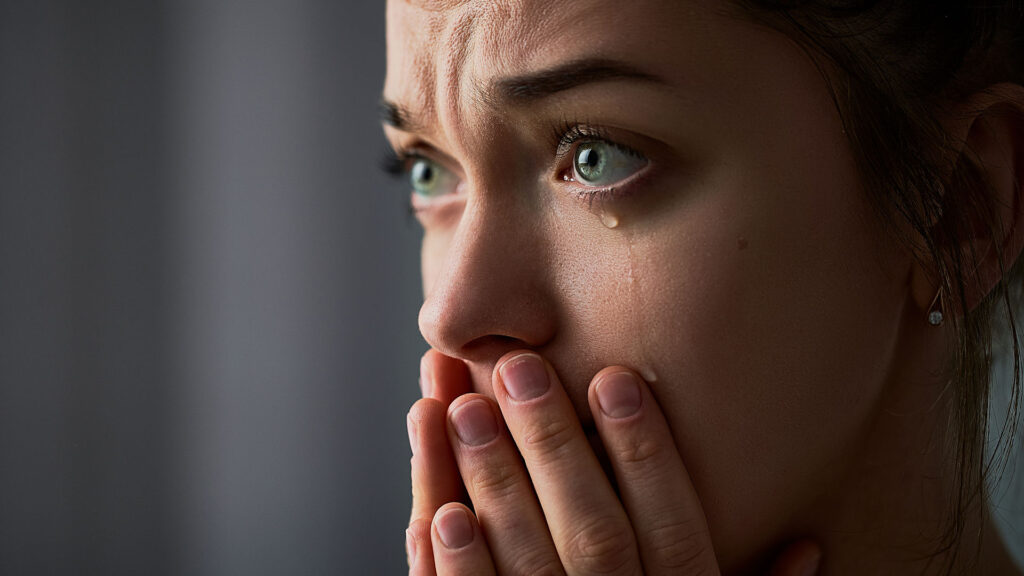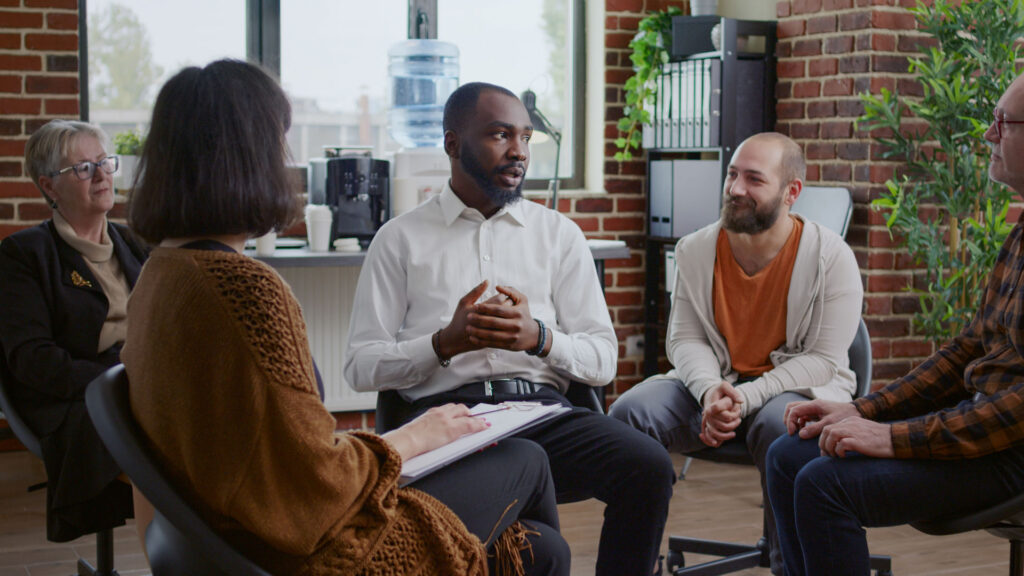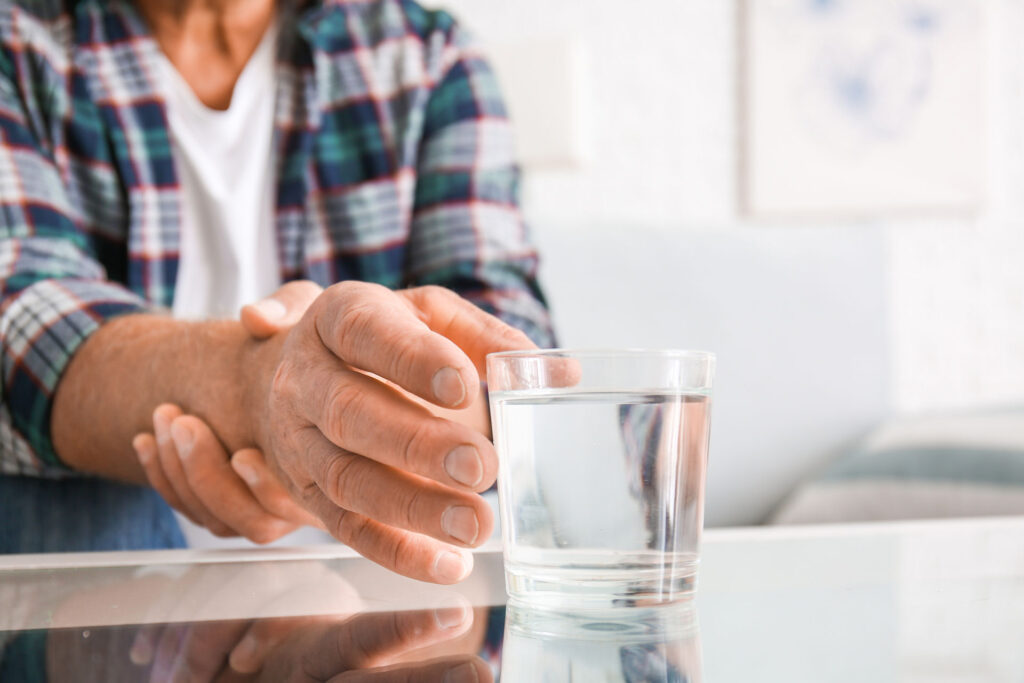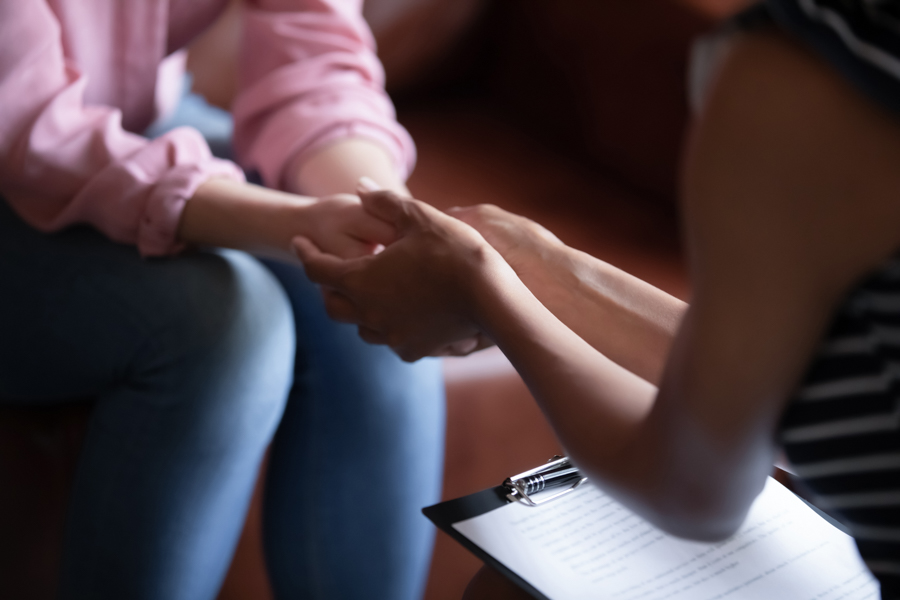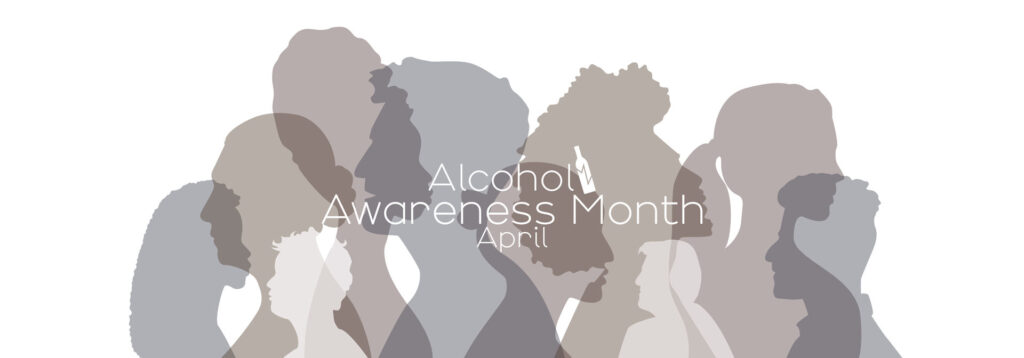Borderline Personality Disorder and Emotion Dysregulation
Borderline Personality Disorder (BPD) is a complex mental health condition that affects a significant number of people globally. This disorder is characterized by a range of symptoms, notably intense emotions, unstable relationships, and frequent struggles with managing emotions.
The Behaviors of An Addict: How to Recognize Them
Addiction, also known as substance use disorder (SUD), is a serious condition that comes with particular patterns of behavior. Often, when someone is struggling with addiction, there will be tell-tale signs that they are dealing with uncontrolled substance use and physical or mental dependence.
Mental Illness and Isolation: What You Should Know
Physical and mental health are interconnected. The adverse health consequences of social isolation range vary from sleeplessness to lowered immune function. Loneliness is associated with higher anxiety, depression, and suicide rates. There’s a connection between mental illness and isolation, and the effect it has on people’s behaviors
What to Do When Someone Overdoses: A Guide
In 2021, over 100,000 people in the U.S. died from an overdose. Over 70,000 of these deaths involved fentanyl and other synthetic opioids. Since nearly 200 people die from an overdose daily, it is crucial to know what to do when someone overdoses. What is an Overdose? An overdose happens when someone takes too much [...]
Can Alcohol Poisoning Cause Seizures?
Alcohol poisoning is a life-threatening condition that can happen more quickly than you might think, especially if you're not used to the effects of alcohol or you've built up a high tolerance. One scary complication of alcohol poisoning that few people know about is seizures. Seizures are a potential complication of severe alcohol intoxication. It [...]
PTSD Awareness Month: June 2023
Many organizations take part in PTSD-awareness activities throughout June every year to focus on information about post-traumatic stress disorder symptoms and treatments that are available. Over the past few years, PTSD awareness has had a significant role as communities nationwide have experienced mass casualty events involving children and people targeted because of being members of [...]
What You Need to Know About Body Brokering
Insurance claims for addiction treatment can reach tens of thousands of dollars, capturing the attention of unscrupulous middlemen who want to make a quick buck. Body brokering, a technique used by some unethical treatment centers, is illegal in many states and is intended only to line the pockets of a select few—not to heal and [...]
MDMA Users Some Advice
The Electric Zoo Festival in New York City was cancelled early this week due to two fatal MDMA overdoses. Since then, buzz has been circling around the web as to what molly is, and what its dangers are. Here are a few pieces of advice on using MDMA. First off, don’t take it. That should be a […]
Helping vs Enabling: How to Offer Healthy Mental Support
When someone close to you—perhaps a loved one, friend, or family member—has a mental illness, knowing how to offer support can be difficult. You want to help in the best way possible, but not enable or make the situation worse. The distinction between helping and enabling isn't always clear, so it's important to understand the [...]
May is Mental Health Awareness Month
Though mental health isn’t the top priority in the minds of most people, it is imperative to the overall health of the body. Mental health has more to do with a person’s well-being than some may like to believe. At 449 Recovery, we believe it’s all connected. We offer mental health resources and comprehensive treatment [...]
Body Dysmorphia and Eating Disorders: Knowing the Difference
Most people have instances where they wish they had a better build or body form, particularly when they happen to see others who have spent a good deal of time in exercise and bodybuilding. For the most part, this is normal, although there are times when people experience a range of emotions from severe disappointment [...]
Alcohol Awareness Month: A Guide to Receiving Help
The National Council on Alcoholism and Drug Dependence has officially appointed April as Alcohol Awareness Month. Therefore, the dawn of a new month sheds much-needed light on the importance of receiving help while highlighting the struggles of addiction. This month is intended to provide everyone with a broader understanding of the true nature of the [...]
